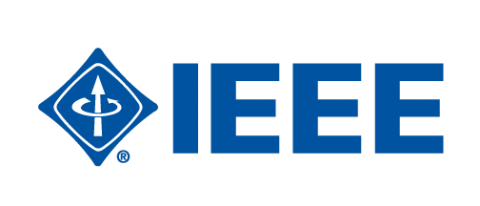Theory, new physical principles, device-and-system-level modeling, multi-physics, deterministic/stochastic error models, predictive models
Sensor arrays, multi-sensor units, inertial measurement units, sensor electronics, actuator systems, control of sensors
Sensor arrays, multi-sensor units, inertial measurement units, sensor electronics, actuator systems, control of sensors
Wafer-level, system-in-package, vacuum/differential packaging
Low-cost test/evaluation, calibration of arrays, wafer-level test and evaluation
Hybrid systems, gravitational maps, star-trackers, vision
Consumer electronics, medical devices, sport and fitness, automotive, oil/gas exploration, military, aeronautical and space sensor systems
Theory, new physical principles, device-and-system-level modeling, multi-physics,
deterministic/stochastic error models, predictive models
Best Failed Ideas: Submissions should be based on an inventive idea (large or small, full system or tiny detail) that the presenter was once excited about and actively pursued (experimental, theory, modelling, etc), but then discovered some fatal flaw or insurmountable challenge to the idea. The presenter must be the originator or one of the originators of the idea (poking fun of someone else’s failed idea is not allowed). The presenter should suggest an appropriate presentation time required to describe the idea and how it failed (5, 10, or 15 minutes). 15 minute requests should be reserved for full sensor or overarching system concepts that failed. This is anticipated to be a jovial and self-deprecating session including food and various social lubricants. There will be a short open mic time at the end of the session for failed ideas remembered after the submission deadline or during the session.
Once exciting ideas for sensors, system, components, supporting subsystems, or methods that were once exciting but in the end proved unsuccessful.


